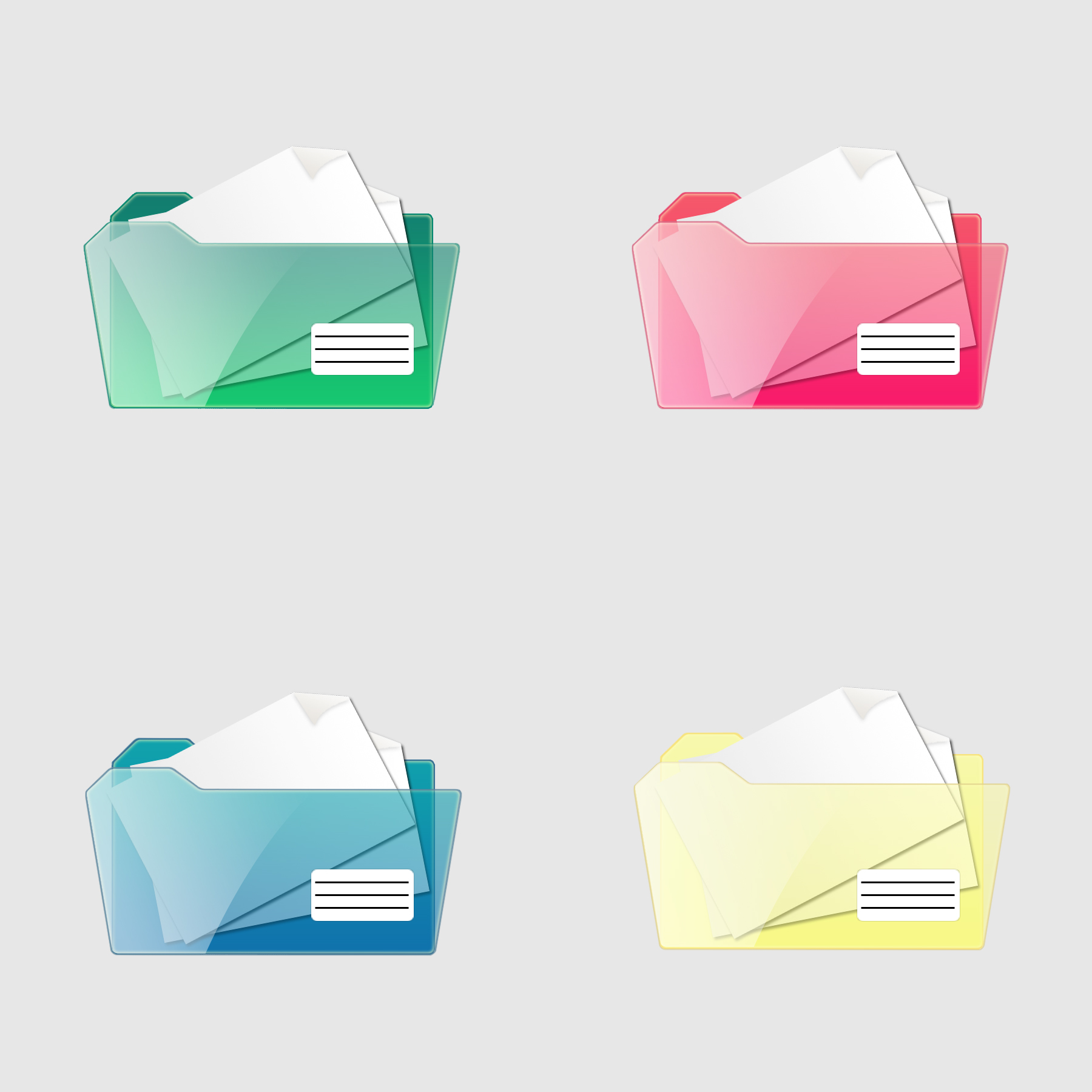There is an axiom out there that says “Anything worth doing is worth overdoing”. There’s another saying that advises us that “Too much of a good thing isn’t good for you.” Both of them could be used in reference to Big Data. But whatever cliché, saying, axiom, or pithy phrase you use, thing may just be getting to the point of where people are beginning to get fed up with Big Data.
We live in a society where the next big thing is pushed into our faces 24/7, hyped to ludicrous levels and more overexposed than a nude sunbather standing in Times Square, until we eventually get sick of it and start actually disliking the subject in question. Is this where we’re headed with Big Data? Here are some reasons why we may be doing just that.
Informed decisions are the best kinds of decisions to make. So, obviously, you need information. But there’s such a thing as having TOO much information. If you’re asked to choose one of three paths, you can probably make a choice in a reasonable amount of time. Ah, but what if you now have THIRTY paths to choose from?
The problem with Big Data is that the sheer volume of data can result in gridlock when it comes to making goals for your business. After all, you want to take data into account when making decisions and goals, but even when it’s distilled into digestible pieces, which pieces do you base your company’s direction on? Your business could stall thanks to Big Data information overload.
Expectations Versus Reality
Although Big Data has been around for years, the term has taken a stronger, more profound meaning thanks to the Internet age and all the innovations it’s brought with it. Many people have been swept off their feet at the prospect of having reams of data stored in the cloud, ready with demographics, sales figures, search histories, and other information, all to be used to fashion a can’t miss business strategy.
And yes, that can happen. But the sheer amount of information, the resources and personnel needed for a business to adequately take advantage of Big Data, the steps (in other words, time) it takes to make the information useful, can really offset whatever benefits gleaned from using Big Data in the first place.
All of a sudden, there’s cold water thrown on those nice expectations that Big Data will be the miracle pill to ensure financial success.
Privacy Concerns Backlash
Funny thing about data that covers demographics, user search histories, sites visited, shopping habits, et al; it requires storing all of this information about everyday people and what they do, in order to put in a useable form. Eventually, you get people wondering just how much of their lives are being monitored and the results stored, collated, distilled, and sent to companies. Suddenly, privacy becomes a thing.
And not only is privacy a concern, but so is security. Just go online and type the words “data breach” or “hacked data” in a search engine, and read the news stories about companies whose data has been compromised by hackers. Consumers and regulators alike will certainly bring scrutiny and pressure on companies using Big Data.
Small Data? Seriously?
Yes, now Small Data is a thing. And it may just end up challenging Big Data. Small Data organizes and packages information that is timely and useful and hooks people up with the information. It’s meant to be easily accessed, easily understood, and able to be acted upon in everyday roles.
You can always tell when a concept has grown out of control when a new concept arises that is in direct opposition to it. So now we have Small Data as an alternative to the ever-present Big Data.
It’s not as if Big Data is in danger of vanishing anytime soon. There’s still a lot of love for it out there, and it certainly can be used to improve the customer’s experience. A lot of people really do enjoy drinking from the fire hose. The only problem is, if that fire hose is allowed to just keep gushing water, the levels will rise, and you can drown.
Byline: John Terra has been a freelance writer since 1985. He prefers not to drink from fire hoses, figuratively or literally.


